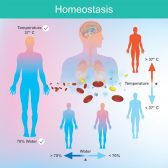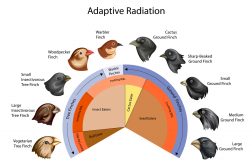Definition
noun, plural: gallstones
A calculus or stone composed of cholesterol and bile salts, forming within the gallbladder or its ducts
Supplement
A gallstone is a calculus (i.e. a hard lump formed by the concretion of mineral salts) found within the gallbladder as well as its ducts. It is formed when bile components accumulate and form like stones. The gallbladder is a hollow organ that serves as storage of bile. Thus, the bile (or gall) is saturated (or concentrated) within the gallbladder and therefore may form calculus called gallstones. The process of calculus formation within the gallbladder is referred to as cholelithiasis. Gallstones form primarily within the gallbladder but they may pass distally into the other parts of the biliary tract. Thus, gallstones may also be found in the cystic duct, pancreatic duct, ampulla of Vater, and common bile duct. Gallstones may also erode the gallbladder fundus and reach the gut lumen. This condition, although rare, may lead to gallstone ileus in which the presence of gallstone may cause obstruction of the distal ileum. Other conditions that are associated with the presence of gallstones within the gallbladder and its ducts are acute cholecystitis, pancreatitis, and ascending cholangitis. The different types of gallstones are cholesterol stones (consists of mainly cholesterol, i.e. 70% or 80% and above), pigment stones (comprised mainly of bilirubin and bile calcium salts), and mixed gallstones (made up of cholesterol, calcium salts, etc.)
Variant(s):
- gall stone
Synonym(s):
See also:
Related term(s):







